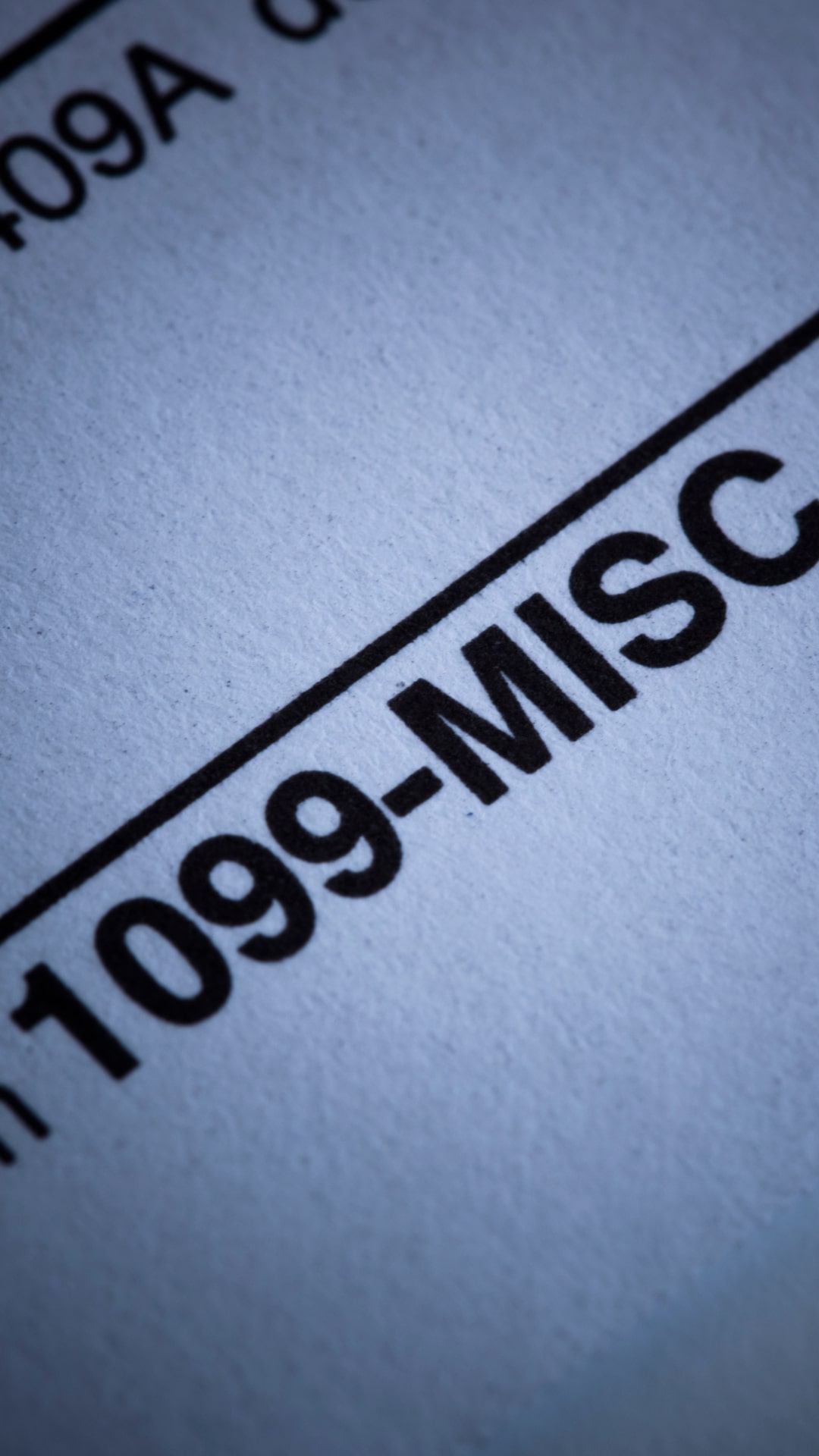Sales and use taxes serve as a key revenue stream for state and local governments across the United States. Over time, various landmark court cases have influenced how these taxes are applied, particularly in the context of interstate commerce. Unlike income tax, sales and use taxes lack a uniform national framework—there is no equivalent to Public Law 86-272, which provides a federal standard exclusively for income taxes.
The following five pivotal cases trace the evolution of U.S. sales and use tax nexus, transitioning from a strictly physical presence standard to one that incorporates both physical and economic nexus, with specific requirements varying by state.
The Five Pivotal Cases
Scripto, Inc. v. Carson (1960)
The Scripto case addressed whether a company without a physical presence in a state could be required to collect sales tax on transactions within that state. The Court’s decision in this case laid the groundwork for later developments in the Nexus doctrine, which determined a state’s ability to tax businesses.
Key Facts:
- Scripto, Inc., a Georgia-based company, sold writing instruments through independent contractors, or “jobbers,” in Florida.
- Florida sought to require Scripto to collect sales tax on sales made in the state despite Scripto having no physical offices or employees in Florida.
The Supreme Court’s Decision: The Court ruled that Scripto’s use of independent contractors in Florida constituted sufficient nexus to require the company to collect sales tax. The decision emphasized that the substance of the business relationship, rather than the form, was crucial in determining tax obligations.
This case expanded the concept of Nexus, showing that a state’s physical presence was not strictly necessary for imposing tax obligations on an out-of-state entity. This concept will be revisited in more detail later.
Takeaway: Independent Contractors, or 1099 salespersons, in addition to W-2 employees, were deemed to constitute a physical presence.


National Bellas Hess, Inc. v. Department of Revenue of Illinois (1967)
The National Bellas Hess case was an early and influential decision that established the physical presence rule for state sales tax collection. This case set the stage for future debates on the nexus requirement for tax obligations.
Key Facts:
- National Bellas Hess, Inc., a mail-order company based in Missouri, sold products to customers in Illinois, where it had no physical presence.
- Illinois attempted to require National Bellas Hess to collect use tax on sales made to its residents.
The Supreme Court’s Decision: The Court ruled in favor of National Bellas Hess, holding that a state could not require a business to collect sales tax unless it had a physical presence in the state. The decision was based on the Commerce Clause and the Due Process Clause, emphasizing that a state could not burden interstate commerce by imposing tax collection duties on a business with no physical presence within its borders.
Takeaway: This ruling established the physical presence standard, which would remain the key concept in sales and use tax law until it was overturned by the Wayfair decision in 2018.
Complete Auto Transit, Inc. v. Brady (1977)
The Complete Auto case is one of the most significant Supreme Court decisions affecting state taxation of interstate commerce. Prior to this case, the courts often invalidated state taxes on businesses engaged in interstate commerce under the “privilege tax” doctrine. However, the ruling in Complete Auto established a new framework that continues to influence state taxation today.
Key Facts:
- Complete Auto Transit, Inc., a Michigan-based company, transported vehicles from manufacturers to dealerships in Mississippi.
- Mississippi imposed a tax on the “privilege of doing business” in the state, which Complete Auto argued was unconstitutional under the Commerce Clause.
The Supreme Court’s Decision: The Court upheld the Mississippi tax, setting forth a four-pronged test that remains a cornerstone of state tax law:
- Substantial Nexus: A sufficient connection between the state and the entity being taxed must exist.
- Fair Apportionment: The tax must be fairly apportioned so that it is not discriminatory.
- Non-Discrimination: The tax must not discriminate against interstate commerce.
- Fair Relation: The tax must be related to services the state provides.
This decision marked a shift from a formalistic to a more flexible approach, allowing states greater leeway in taxing interstate commerce as long as the tax met the four criteria established.
Takeaway: This court case set a precedent for many state and local taxes litigated in the U.S. Supreme Court. To some degree, it is a cornerstone case that the Supreme Court addresses when determining interstate commerce’s taxability. Each of the four prongs requires a critical facts and circumstances review of your business practices.


Quill Corp. v. North Dakota (1992)
The Quill case was a critical Supreme Court decision that reaffirmed the physical presence requirement for state sales tax collection, a standard set by the 1967 case National Bellas Hess, Inc. v. Department of Revenue of Illinois. The decision in Quill provided temporary clarity on the Nexus issue but would later be overturned by the Wayfair case.
Key Facts:
- Quill Corporation, a Delaware-based office supply company, sold products through catalogs and by phone to customers in North Dakota, where it had no physical presence.
- North Dakota attempted to require Quill to collect sales tax on sales made to its residents.
The Supreme Court’s Decision: The Court ruled in favor of Quill, holding that a state could not require a business to collect sales tax unless it had a physical presence in the state. The decision was based on the Commerce Clause and the Due Process Clause of the Constitution, emphasizing that a company must have a tangible, physical presence in a state for that state to impose tax collection duties.
The Quill decision created significant challenges for states, particularly as e-commerce began to grow, leading to widespread calls for reform.
Takeaway: The U.S. Supreme Court continues to uphold the bright line test of physical presence.
South Dakota v. Wayfair, Inc. (2018)
The Wayfair case is a landmark decision that fundamentally changed the landscape of sales tax collection, particularly for online and remote sellers. It overturned the previous standard set by Quill Corp. v. North Dakota (1992), which required a physical presence in a state for sales tax collection.
Key Facts:
- South Dakota passed a law requiring out-of-state sellers to collect sales tax if they conducted more than $100,000 in sales or 200 transactions annually in the state.
- Wayfair, Inc., a major online retailer, challenged the law, arguing that under the Quill decision, it was not required to collect sales tax because it had no physical presence in South Dakota.
The Supreme Court’s Decision: In a 5-4 decision, the Court overturned Quill and ruled in favor of South Dakota, holding that the substantial nexus requirement could be satisfied without a physical presence. The decision recognized the realities of modern e-commerce, where physical presence is less relevant in determining tax obligations.
This ruling effectively allowed states to require remote sellers to collect and remit sales tax, significantly altering the tax landscape for e-commerce and leading to widespread changes in state tax laws across the country.
Takeaway: The U.S. Supreme Court determined that you could have a sales and use tax nexus based upon each state’s economic definition.
Caution!
The Physical Presence test set forth in previous cases remains valid; however, now a 2-prong test is utilized: a Physical Test and an Economic Test

Conclusion
These five landmark cases have significantly influenced the evolution of sales tax law in the United States. Scripto expanded the understanding of nexus, Complete Auto Transit provided a framework for assessing state taxes on interstate commerce, National Bellas Hess established the physical presence rule, Quill reaffirmed it, and Wayfair redefined the concept of nexus for the digital age. Together, these cases illustrate the dynamic relationship between state taxation authority and the complexities of interstate commerce.
Reach out to Thompson Tax today to stay current with the latest changes to nexus rules. We provide expert guidance to help you navigate the complexities of sales and use tax regulations, ensuring your business remains compliant and up-to-date and will support your sales and use tax needs with confidence and precision. We are your Trusted Tax Advisors.